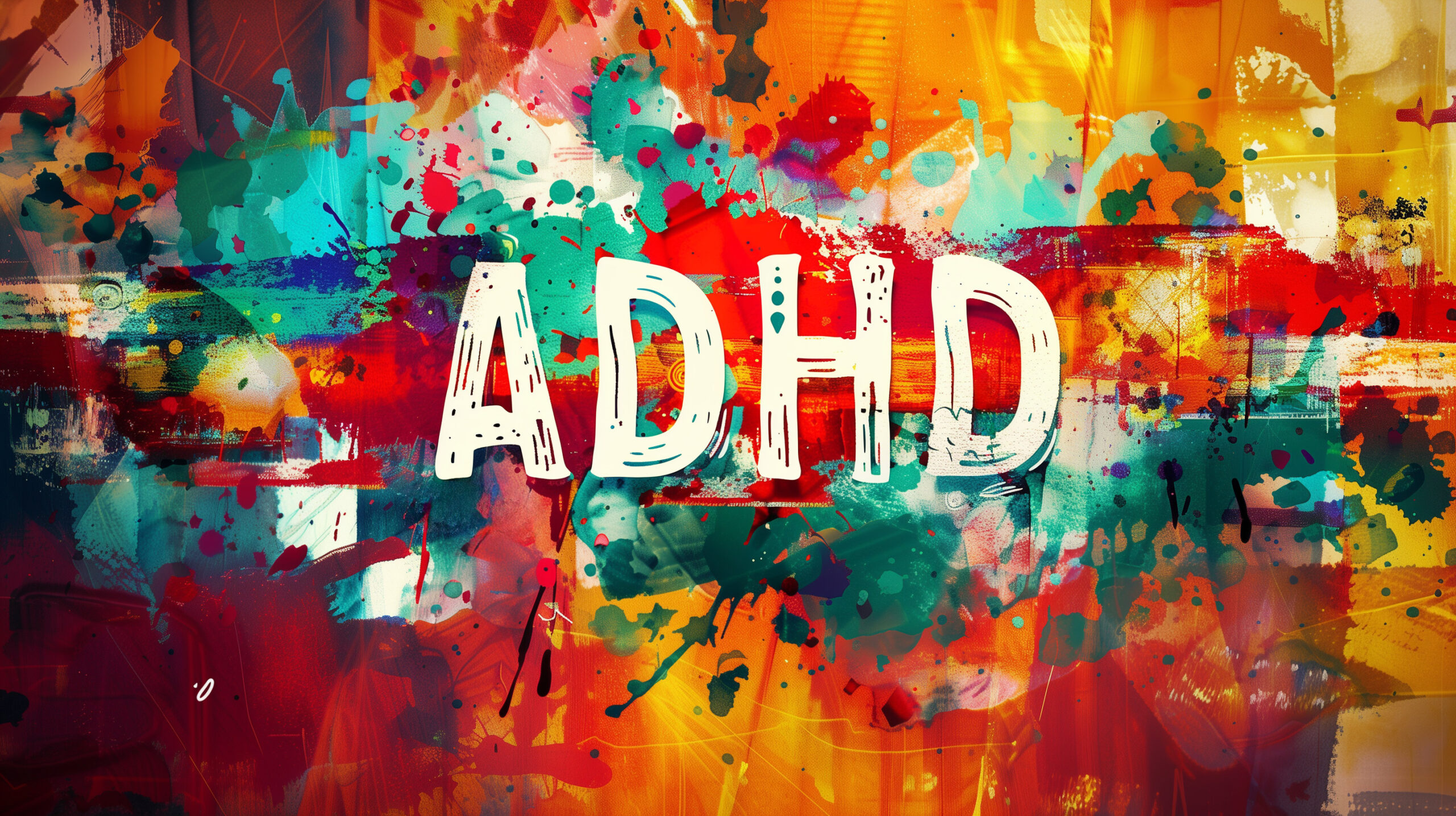Oliver Barber is looking forward to AI helping L&D to be more creative.
Reading time: 4m 9s.
Over the last few weeks, the Labour Party has raised the prospect of a National Education Service in the UK. As well as creating fierce political debate, this has brought mainstream attention to the idea of ‘cradle-to-grave’ learning – continuous education and training throughout peoples’ working lives.
It is a much-needed discussion. Beyond the political machinations, the spectre of the artificial intelligence revolution looms high in discussions on the future of work. Media column inches have been combining images of Elon Musk and The Terminator to underline, without too much subtlety, that AI is going to take our jobs and render humans superfluous.
Beyond the tabloid hyperbole, it is important to recognise that artificial intelligence-driven automation means that the pace at which workers’ skills and knowledge will become obsolete is going to accelerate.
As a result, ‘always-on’ continuous learning will become increasingly critical. There is an air of serendipity in the fact that, while artificial intelligence is the root cause of this disruption, it is also the solution for navigating it.
Here are five critical ways in which AI will provide the enabling technology to make lifelong career learning a working reality:
Powering careers by developing smart training plans
AI can already help learners and thus L&D professionals discover new training content relevant to their individual training needs.
AI is able to analyse what is available through existing online learning systems and wider sources from video platforms such as Youtube and Vimeo to online learning and teaching marketplaces such as LinkedIn Learning, and make intelligent decisions based on what will help individual learners most.
Getting to know you, getting to know all about you
AI offers improved cradle-to-grave learning because it does not approach education with a fixed mindset. As a result, it will help instil what noted educational psychiatrist Carol Dweck calls a ‘growth mindset’ in everybody.
Instead of seeing employees’ current performance in digesting and internalising training and then categorising them on their perceived abilities, machine learning algorithms will begin to understand employees’ own patterns of learning and tailor future content and encouragements to how they learn best.
The countless hours spent at desks compiling course catalogues or reviewing unstructured data such as open question feedback will be freed up by AI.
The knock-on effect will be a new generation in the workforce with the confidence that they can grow and develop. This not only creates a more confident workforce but, potentially, a more productive one, an enormous potential productivity boost to the economy.
AI virtual coach
Imagine all that personalisation and assistance described above delivered via a responsive voice assistant that learns and speaks to each employee in the most beneficial way based on their personality, interests and training needs.
Learners will soon interact with an AI assistant embedded in various elearning platforms that recognises and responds in their spoken language making proactive, tailored suggestions and autonomously offers advice, guidance and coaching.
In future, AI-powered virtual coaches will be better able to understand variation in human sounds and tone and thus able to recognise signs of frustration or excitement, enabling learning and development programmes to be even further optimised to individuals’ needs and abilities.
A universe of high quality content
This is likely the hardest element to swallow as people involved in training, but AI will also automate content creation.
We can all accept that there are limits to the amount of high quality training material we are able to produce (hence why there’s a lot of bad material out there!) AI content creation engines will analyse an instructional article and then automatically produce a new learning asset by combining the text, additional reputable sources and video clips derived from previously published content.
Through detailed analytics of user engagement and response to created content, the algorithms will also learn what works best in content creation and optimise course content at the individual user level.
Unleashing untapped human potential
Perhaps the most critical way in which AI will enable lifelong learning is by unleashing the potential of the human L&D professionals. AI’s first significant disruption to existing practices will be to reduce the rote administrative tasks that currently dominate L&D professionals’ to-do-lists.
The countless hours spent at desks compiling course catalogues or reviewing unstructured data such as open question feedback will be freed up by AI.
This will enable practitioners to spend more time considering the needs and skillsets of learners, the strategic training requirements of a business and developing new and creative approaches to learning for the future. Thinking creatively and strategically will become a premium and will lead to better enterprise training programmes.
AI is anticipated to be as big a transformation to the economy and society as the industrial revolution 250 years ago. L&D professionals must expect disruption via automation, but they need to harness it and be active in helping workers be truly adaptable and equipped to upskill in step with rapid change. There has never have been a more important or inspiring time to be involved in workplace training.
About the author
Oliver Barber is director of EMEA at Docebo



